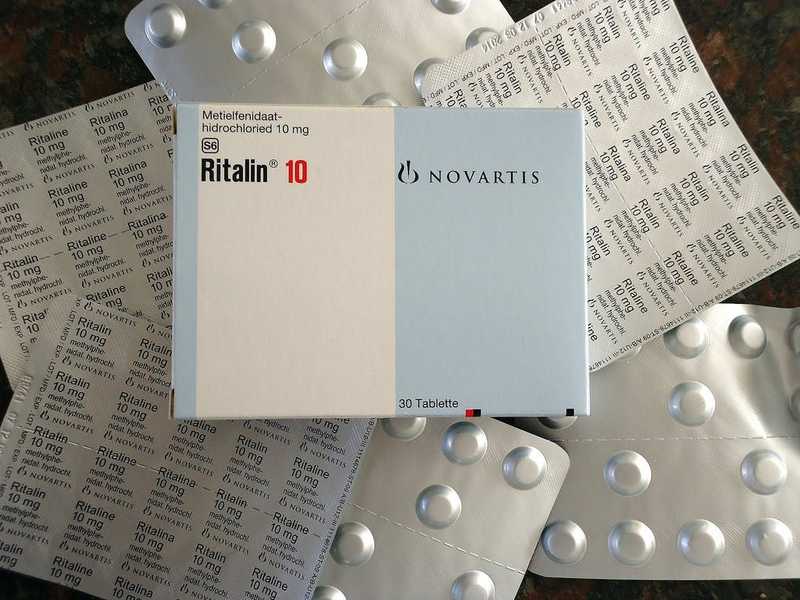The rate at which Attention Deficit Hyperactivity Disorder (ADHD) is being diagnosed has skyrocketed over the last 25 years. ADHD is a condition characterized by hyperactivity, distractibility, and poor impulse control. Children with ADHD may be fidgety and unable to sit still, have difficulty concentrating, and may speak or act out at inappropriate times. Sufferers often have high levels of anxiety and depression.
The Prevalence and Symptoms of ADHD and ADD
As of 2011, the CDC reported that more than one child out of ten between the ages of 4 and 17 has been diagnosed with ADHD. This is a shocking number, and it is increasingly concerning when we consider that the standard treatments for ADHD use powerful stimulants that are chemically similar to methamphetamine. Conventional treatment recommends medications such as Adderall, Ritalin and Vyvanse as the first line of treatment for children between the ages of 6 and 18.
The condition also affects adults, although they commonly fail to exhibit the hyperactive component. Adult ADD (Attention Deficit Disorder without hyperactivity) most often manifests as an inability to concentrate. Adults with ADD are often disorganized and forgetful, prone to risk-taking and sometimes even hyper-focused, meaning the person concentrates with laser-like intensity on a task to the exclusion of everything else.
The Efficacy of Medical Marijuana
Although not completely understood, ADHD/ADD seems to result from a dysfunction in dopamine neurotransmitter release and uptake. Dopamine receptors interact with the endocannabinoid system in many parts of the brain, which makes medical marijuana a possible treatment option for those suffering from ADHD/ADD. Cannabinoid receptors are concentrated in the amygdala and hippocampus areas of the brain. Those areas are linked strongly with attention deficit disorders, high anxiety, depression, and phobias. These centers also have a high concentration of CB1 receptors, which cannabis can target to help control these symptoms.
Recent research into marijuana use by those with ADHD/ADD supports the theory that cannabis can be an effective treatment for ADHD, although there is still a scarcity of formal studies on the topic. Sublingual administration is the fastest route of administration. CBD products, with extremely low levels of THC (the physco-active component in medical marijuana), are most suitable for young patients suffering from ADHD. CBD products, similar to those children take to ease epilepsy symptoms, can help children focus without any possible physco-active side effects.
